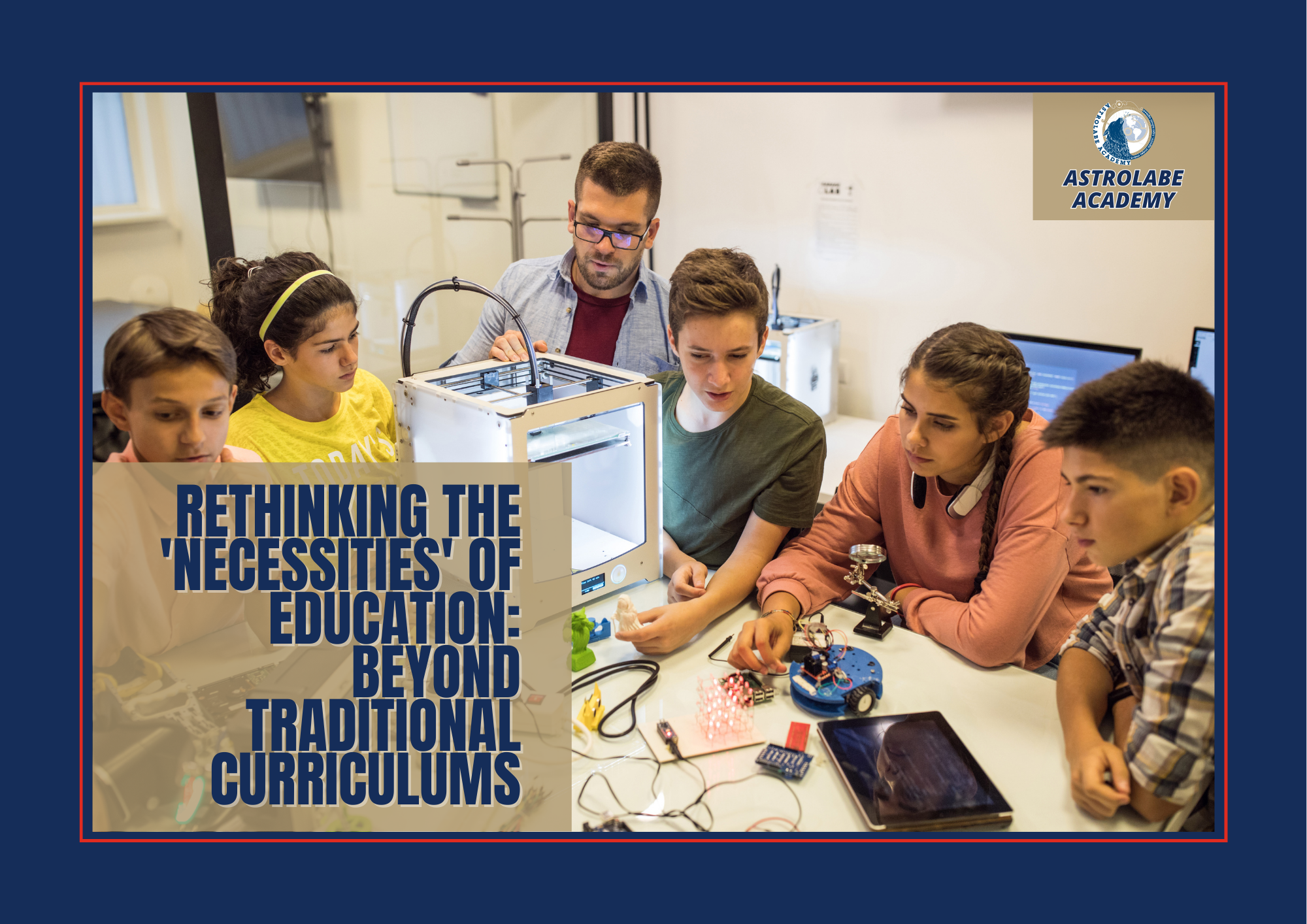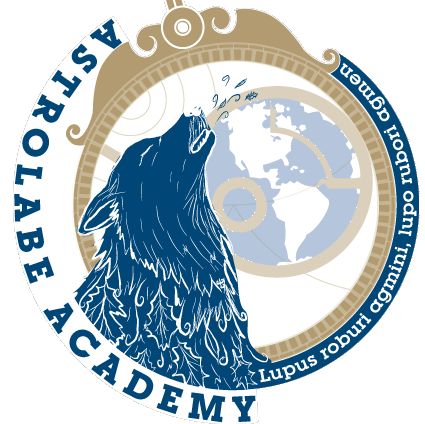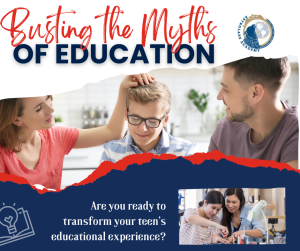Blog
Rethinking the 'Necessities' of Education
Beyond Traditional Curriculum
The belief that formal schooling is the sole path to essential knowledge has been a cornerstone of our educational system. Yet, as we evolve in a rapidly changing world, it’s time to question: Is the traditional curriculum truly fulfilling our children’s educational needs?
Unpacking the Traditional Curriculum
The standard school curriculum, often seen as the comprehensive educational benchmark, is designed for a generalized approach. It primarily focuses on academic subjects, standardized tests, and a uniform learning pace. But does this approach accommodate the unique talents, interests, and learning styles of every student?
Insights from Research on Alternative Education
Recent studies shed light on this debate. Martin-Chang, Gould, and Meuse (2011) found that homeschooled children frequently outperform their traditionally schooled counterparts in standardized tests. Ray’s (2017) longitudinal study further revealed that individuals who received a homeschool education achieved notable success in their adult lives, both educationally and professionally. These findings challenge the assumption that formal schooling is the exclusive avenue for acquiring necessary knowledge and skills.
The College Admission Perspective
Colleges and universities are increasingly recognizing the value of students who have pursued alternative educational paths. Cogan (2010) highlighted that homeschooled students often bring unique perspectives, impressive self-directed learning skills, and high levels of motivation to their college studies.
Essential Skills for the 21st Century
What does it mean to be well-educated in the 21st century? While traditional subjects are important, skills such as critical thinking, adaptability, creativity, and a passion for lifelong learning are becoming increasingly crucial. These competencies are often best nurtured in an environment that encourages exploration, personalization, and real-world application.
Recognizing the limitations of a one-size-fits-all curriculum, it is essential we consider a broader understanding of what constitutes essential education. It’s about equipping our children not just for tests and grades, but for life’s diverse challenges and opportunities.
References:
Cogan, M. F. (2010). Home-educated doing well at college: Research by Michael Cogan. National Home Education Research Institute. Retrieved [Date you accessed the article], from https://www.nheri.org/home-educated-doing-well-at-college-research-by-michael-cogan/
Gray, P., & Riley, G. (2013). The challenges and benefits of self-directed learning, according to 232 families who have chosen that route. Journal of Self-directed learning and Alternative Learning, 7(14), 1-27.
Ray, B. D. (2017). Research Facts on Homeschooling. National Home Education Research Institute.
Do you have any questions or concerns about this educational journey? I’m always here to help. Let’s reconnect with our children by embracing self-directed learning!
--------------------------
Join the discussion about this and other high school education topics in our Facebook Group "Alternatives to High School". The goal of the group is to give parents a place to discuss options to public/private school and standardized curriculum as well as share resources for educating teens.
EDCHAT SERIES
Busting the Myths of Education
Part 1: Self Directed Education
Part 3: Myth Busting-Traditional High School Education is the Only Path to Success
Part 4: Myth Busting-Alternative Education and the Fear of "Gaps"
Part 5: Myth Busting-Do Self-Directed Learners Miss Out on Learning Scheduling & Prioritization?
Part 6: Myth Busting-Learning to Sit Still & Focus
Part 7: Myth Busting-Becoming Well-Rounded Outside Traditional Education
Part 8: Myth Busting-They Won't Have Study Stamina
Part 9: Myth Busting-Beyond Traditional Curriculum
Part 10: Rethinking the "Necessities" of Education
Part 11: Preparing for College Beyond Traditional High School
Part 12: Building Bridges – Reconnecting with Your Teen
Part 13: Navigating Your Teen's Educational Journey
Part 14: Unveiling Emotoional Intelligence: A Deep Dive With Asttrolabe Academy's Teens
Part 15: Unleashing Creativity: A Reflection on Our Latest Interactive Session
__________________
NEWS
Want to deep dive into this topic? Watch for (or request) a full day in-person seminar in your area!
Learn more on our Seminars page.
__________________
Announcing Career Conversations!
A FREE student-led interview series open to AAHS students and all homeschoolers everywhere!
Click here to learn more!
By appointment
By Email:
info@astrolabeacademy.com
Non-Discrimination Policy
Astrolabe Academy welcomes all students regardless of race, religion, color, gender, nationality or ethnic origin.



